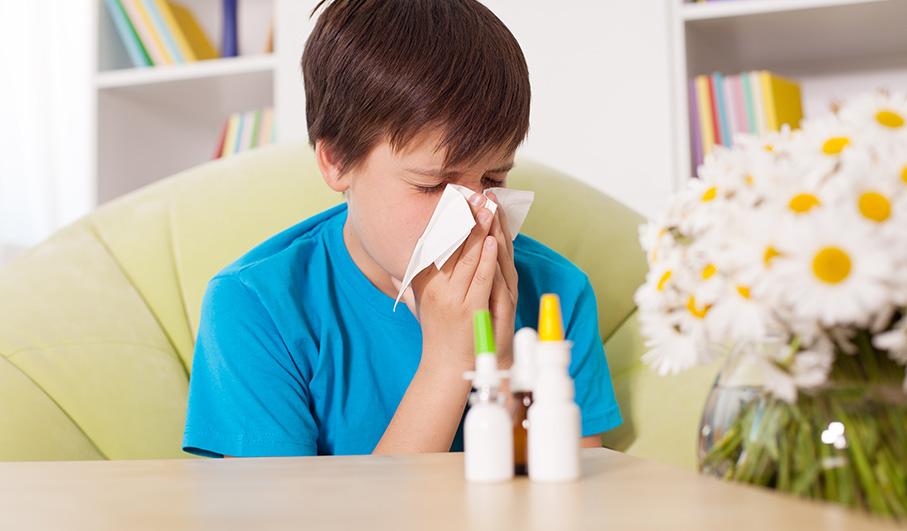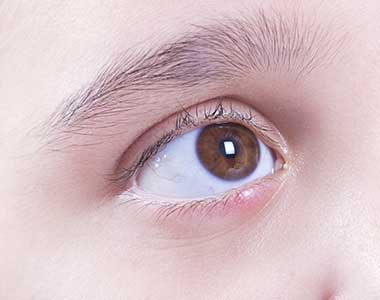Everything You Need to Know About Childhood Allergies

What is an allergy? How do you identify it? What do you do when it happens? If your child is suffering from an allergy, these are some of the things you need to know.
What Is An Allergy?
Simply put, an allergy is the body’s inappropriate response to a normally harmless substance. The immune system identifies substances such as pollens, foods and even animal hair as a threat and reacts in a manner, which can prove harmful to the host body.
The Causes Of Allergies
Allergies are caused by allergens. Any substance in your environment that causes an allergic reaction is known as an allergen. These allergens can take the form of almost anything.
The Most Common Allergens Amongst Children
The most common allergens identified in children include:
- Foods (especially seafood, peanuts, wheat, eggs, dairy products)
- Pollens from trees and plants
- Insect bites or stings (such as bee stings)
- Animal hair or fur
- Perfume
- Cigarette smoke
Keep a thorough record of anything you suspect may be an allergen, as well as the type of symptoms they produce.
The Common Symptoms
Different allergens cause different symptoms. The type of reaction caused by an allergy can give your doctor a better idea as to the type of allergen that may have caused it. Remember, these symptoms do not guarantee that your child has an allergy, but may be a good indication.
- Itchy, watery, red or swollen eyes
- Hives, rashes or eczema
- Wheezing, shortness of breath or coughing
- Sinus pain or headaches
- Swollen or itchy lips and tongue
- Runny, blocked or itchy nose
- Vomiting, constipation, diarrhea
Allergy Treatments
Depending on the severity of your child’s allergic reaction, your regular doctor should be able to provide you with all the necessary medical advice and medication to combat the allergy. Normally your child will be given a skin or blood allergy test before being treated.
Some common treatments include:
- Antihistamines
- Emollients[1] or moisturising creams
- Steroids or steroidal creams
- Adrenaline
- Antibiotics
- Immunotherapy
Always follow the treatment and use the medication as prescribed by your doctor.
What Can You Do About It In The Meantime?
The best way to avoid severe allergic reactions is by identifying possible allergens early on. Check your family history for allergies and always remember that potential new allergens and allergies may appear as your child grows and changes environment. Keep your list of symptoms and reactions updated and review any changes with your doctor













 Parenting Articles
Parenting Articles

